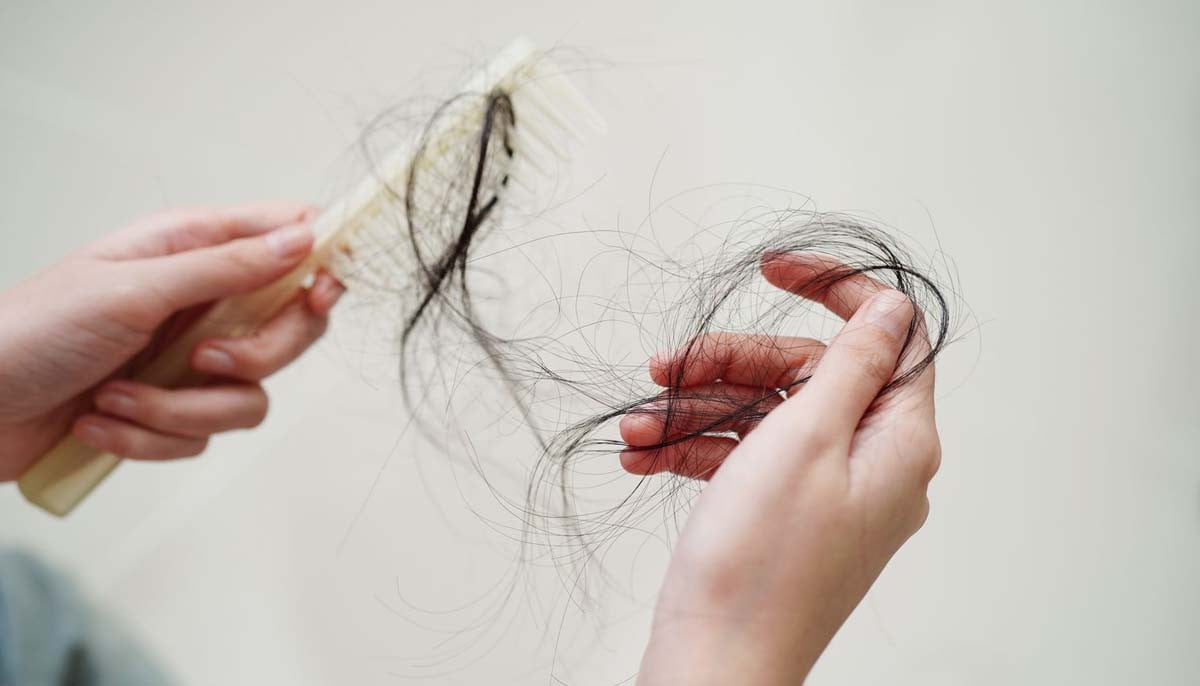Excessive blue light exposure can make you old sooner than you think
Researchers found that cells did not function optimally after blue light exposure
A study has shown that excessive blue light from technological devices like laptops and televisions can result in multiple physical and psychological issues leading to speedier ageing.
In an official statement, researcher Dr Jadwiga Giebultowicz, a professor at the Department of Integrative Biology at Oregon State University, said that too much blue light could affect our skin, sensory neurons and much more.
He said that their team was the first to show that specific chemicals that are important for cell function are altered due to blue light.
The study, published in the journal Frontiers in Aging, analysed fruit flies, exposing them to light from screens since humans and flies have similarities on a cellular level.
They observed speedy ageing in fruit flies when they compared the flies to those that were kept in the dark for two weeks.
Researchers found that cells did not function optimally after blue light exposure. Glutamate, which is responsible for communication between neurons, levels dropped while an increase in succinate was seen.
Low glutamate levels could possibly decrease brain function.
The team then decided to find out whether avoiding blue light could be an anti-ageing strategy.
Giebultowicz said that the results would be "less dramatic" as they rent exposed to such intense blue light. The study concluded that avoiding blue light could be helpful and used as an "anti-ageing strategy".
-
Historic mental health facility closes its doors
-
Top 5 easy hair fall remedies for the winter
-
Pregnant women with depression likely to have kids with autism
-
Antioxidants found to be protective agents against cognitive decline
-
Coffee reduces cancer risk, research suggests
-
Keto diet emerges as key to Alzheimer's cure
-
SpaceX pivots from Mars plans to prioritize 2027 Moon landing
-
Dutch seismologist hints at 'surprise’ quake in coming days












